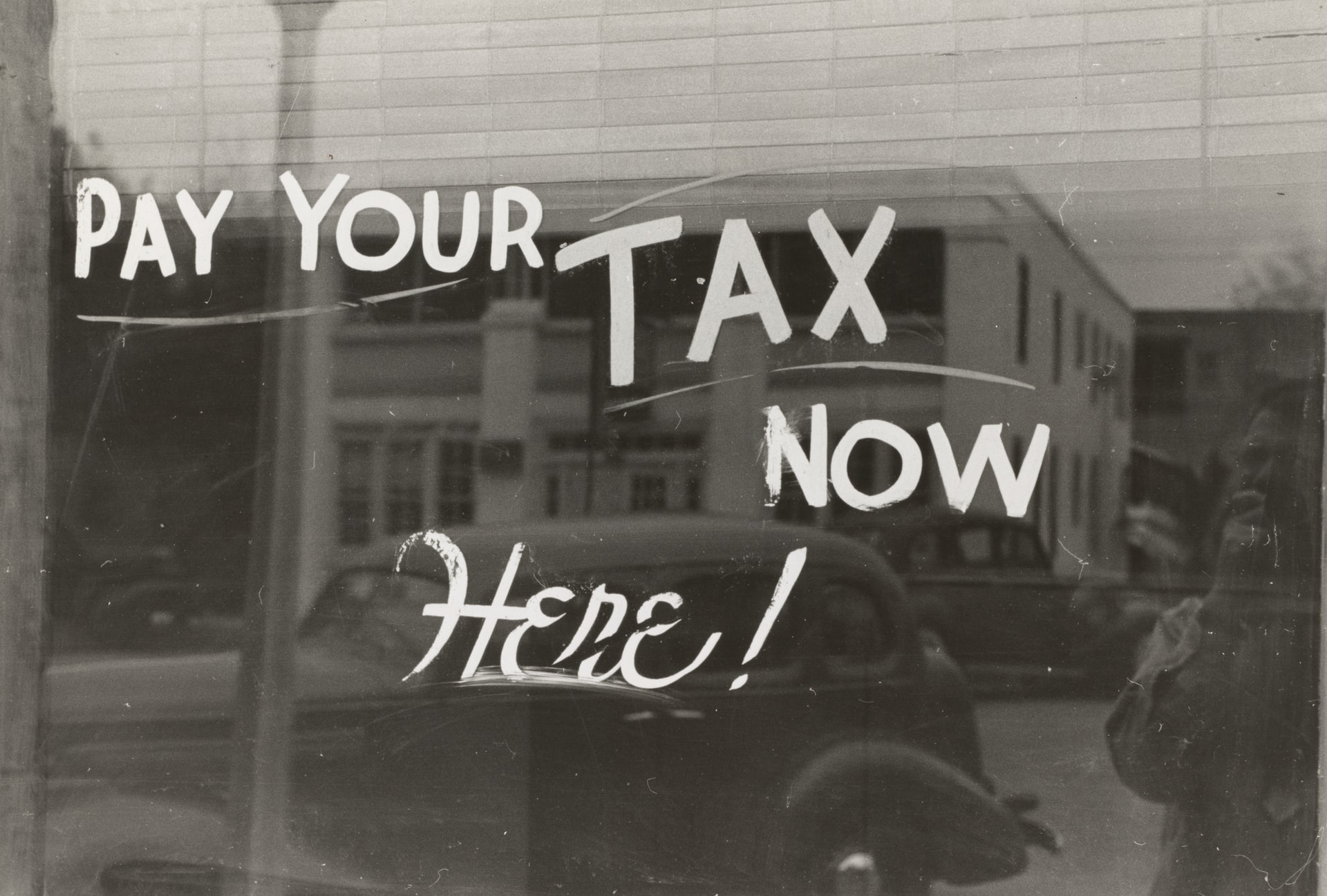Governments often enact tax incentives for businesses to hire workers. Examples include the federal Hiring Incentive to Restore Employment Act and the Work Opportunity Tax Credit. Tax incentives make it easier for businesses to increase hiring and help reduce unemployment. Employers need a way to screen these job applicants, and that’s where a tax credit survey comes in.
How a Tax Credit Survey Works
The Internal Revenue Service (IRS) stipulates that a new hire must be in one of two groups to qualify for tax credit incentives. Residency and employment requirements must be met. First, they must be US citizens or lawful permanent residents when hired. Second, the employee must live or work in an eligible target area or zone. These zones are typically designated by government agencies in which employers can get tax credit incentives.
The company that hires the worker then receives tax credits. Employers of seasonal workers receive a tax credit of $2,400 per new hire for hiring an employee who has worked 500 or fewer hours during the year prior to being hired by the company. A company hiring these seasonal workers receives a tax credit of $1,200 per worker.
Companies hiring long-term unemployed workers receive a tax credit of 35 percent of the first $6,000 per new hire employee earned in monthly wages during the first year of employment. This tax credit is for a period of six months, but it can be for up to 40 percent if the employer conducts job training.
How the Tax Credit Surveys are Used
New hires who plan on claiming tax credit incentives must disclose their deductions to their employers. This applies to both permanent and seasonal workers. The employer, who can apply for the tax credit incentives, then performs a tax credit survey. A tax credit survey checks to see if the quality assurance service technical equipment, including software, systems, databases and analytics, works properly. Internal data must be verified in order to ensure accurate data when filling out tax credit surveys.
Payroll records must also be verified. A new hire must provide proof or documentation of U.S. citizenship and the eligible target area or zone. An employer also must verify the new hire has a Social Security card or a Social Security number. The Social Security number will be verified through the Social Security Administration (SSA) Master Earnings file (MEF).
Employers can verify citizenship through a tax credit survey. However, when the worker already has a TIN (taxpayer identification number) or Social Security number, the employer doesn’t need to verify citizenship.
Tax credit surveys can be performed by the company itself or by an independent company specializing in this task. A company may choose to conduct their own tax credit survey for several reasons. First, the employer may not have the resources necessary to coordinate and perform a tax credit survey. Second, the company may lack the critical skills and knowledge necessary for a successful tax credit survey. Lastly, conducting one’s own tax credit survey is usually much faster than having someone else perform the survey.
Occupational health and safety, environmental and human resource management rules also must be met when hiring candidates. Combined with running a tax credit survey of new hires, this can be time consuming. There are several companies that specialize in tax credit surveys. These companies obtain the necessary data and then perform the tax credit survey on behalf of the employer. This saves time and consequently reduces expense.
Employers can still obtain tax credit incentives when hiring candidates who do not qualify for tax credit incentives. The employer still must run a tax credit survey on the candidates to determine if they qualify for tax credits or federal hires.
The upcoming tax credit surveys season can be daunting for employers. It doesn’t have to be this way though. There are many tax reduction companies that can help you run tax credit surveys and get you your tax credit incentives. After all, running tax credit surveys is their specialty. Employees are happy to know their employers are assisting them in obtaining their tax credits.
Benefit
It is a great way to publicize that the company is ethical, and means that the employer is an ethical employer, which in turn means that they are paying reasonable wages and providing fair benefits.
Drawbacks
Because it’s another government form, it’s another form that needs to be filled out. Because it involves well known HIPAA Privacy Laws, it has always given me a headache.
Advantages
It does give incentives for hiring those who find it most difficult to work. With current unemployment rates being as high as they are, it can be a great incentive for small businesses who don’t employ that many new people.











